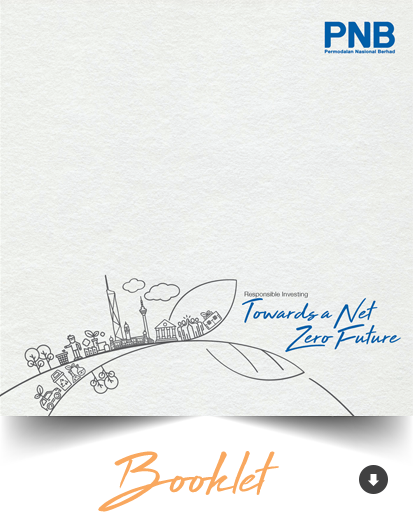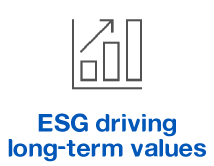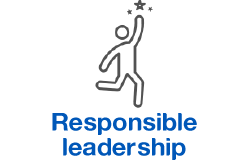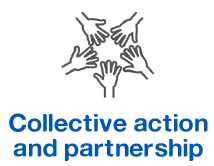Since the launch of PNB’s Sustainability Framework in April 2022, our ESG commitments take on increased importance and prevalence. Progressively, we have made some good strides in embedding our commitments in the organisation's business operations. As part of fulfilling commitment #5 of our Social pillar, we are now operationalising our Labour Rights Policy. We believe that fostering the necessary labour policies drives good business practices, better productivity and risk management.
As we hold a diversified portfolio of investments with wide ranging businesses and operations, we have adopted a Labour Rights Policy underscoring our views and expectations on 6 Key Material Issues, namely:
- Forced & Child Labour
- Fair Wages & Benefits
- Diversity & Inclusion
- Freedom of Association
- Safety & Health
- Upskilling & Education
Going forward, we will assess our investments based on the Key Issues above and adopt the various touchpoints as outlined in our Escalation Matrix. For more information on our Labour Rights Policy please refer to the links below.
Labour Rights Policy
Labour Rights FAQ











